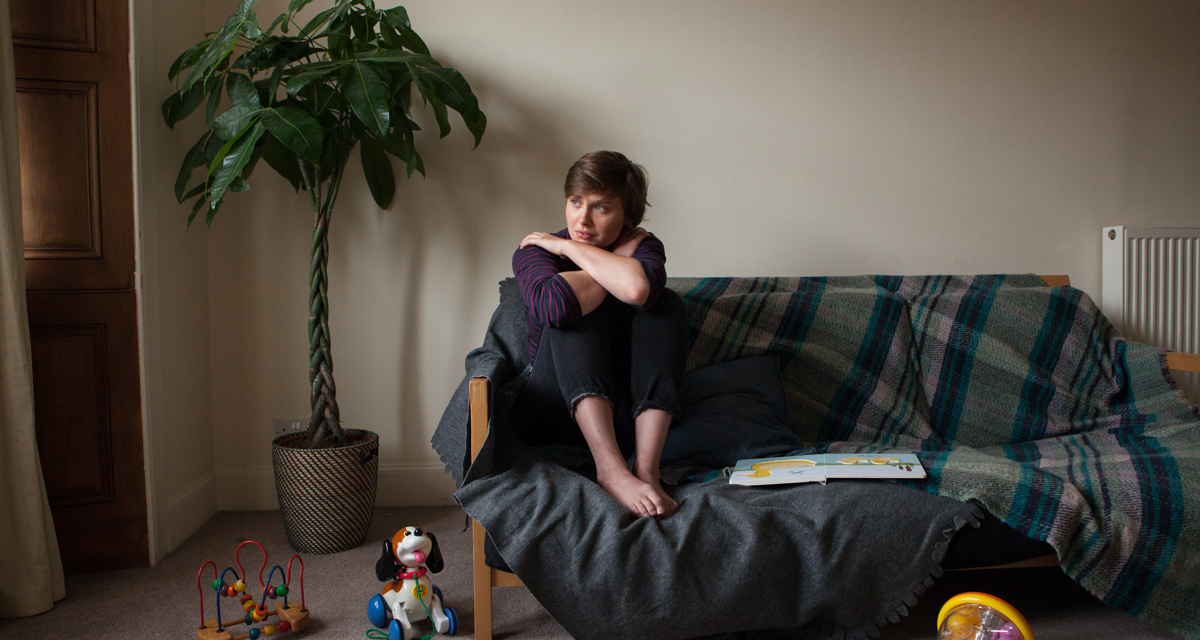17 Apr 2020
Supporting someone to move home during lockdown

Yesterday we had an enquiry about allocations from an officer at a housing association. They had seen our guidance on managing lettings and empty homes and domestic abuse but were still unsure about the specific scenario they were dealing with.
They had allocated a home to a person fleeing domestic abuse and were satisfied that the move was essential. However, the tenant needed help to move and a relative with a van had offered, but they were not living together and so would be breaking social distancing rules. The officer wanted to make sure that they would not be stopped by policeduring the move. So, can someone from outside the household help with a house move?
The short answer is, yes. It is absolutely essential that people are able to move home if they are in danger, are homeless, for health reasons or to relocate as a key worker. The long answer below should help anyone dealing with a similar situation.
Firstly, the UK Government has made absolutely clear that fleeing domestic violence is reasonable and that normal Coronavirus restrictions do not apply. Their latest guidance updated on Tuesday goes so far as to say “The household isolation instruction as a result of coronavirus does not apply if you need to leave your home to escape domestic abuse.” The officer’s dilemma wasnot about the person leaving home due to domestic abuse but about getting help to do so. However, I suggest there is a very strong argument to say that support from the relative was required to facilitate a necessary move.
But, crucially, there is also a legal basis for a person being able to help someone else move home.
Schedule 22, Part 3 (Powers relating to events, gatherings and premises in Scotland) Paragraph 21 of the Coronavirus Act 2020 (the UK Act) allows for people to leave their homes without committing an offence if they have a ‘reasonable excuse’.
21(1)A person commits an offence if the person fails without reasonable excuse to comply with a prohibition, requirement or restriction imposed on the person by a direction issuedunder this Part of this Schedule.
(2)A person guilty of an offence under this paragraph is liable—
(a)on summary conviction, to a fine not exceeding the statutory maximum, or
(b)on conviction on indictment, to a fine.
In this case, moving home under thecircumstances would be a‘reasonable excuse’.
Schedule 19 of the Coronavirus Act 2020 also gives the Scottish Government powers to make regulations for a public health response to prevent the spread of Coronavirus and they have done so.
The Health Protection (Coronavirus) (Restrictions) (Scotland) Regulations 2020 Part 3 Restrictions on movement and gatherings explicitly states that there is an exception for facilitating a necessary house move:
6.During the emergency period, no person may participate in a gathering in a public place of more than two people except—
(a)where all the persons in the gathering are members of the same household,
(b)where the gathering is essential for work purposes,
(c)to attend a funeral, or
(d)where reasonably necessary—
(i)to facilitate a house move,
(ii)to provide care or assistance to a vulnerable person,
(iii)to provide emergency assistance, or
(iv)to participate in legal proceedings or to fulfil a legal obligation.
This does not just apply to the person moving home, but to a person facilitating the move. The equivalent regulations for England, Wales and Northern Ireland all cover this scenario.
We recommended that the officer draft a letter for the tenant and their relativeon headed paper stating that the move was essential and permissible under the Coronavirus Act and subsequent Regulations. A contact number for the housing association should also be provided in case any further details or confirmation was required.
All of our guidance and information on coronavirus is being updated regularly but if you are struggling with a particular dilemma relating to Coronavirus and can’t find the answer, please get in touch and we’ll do our best to help.


